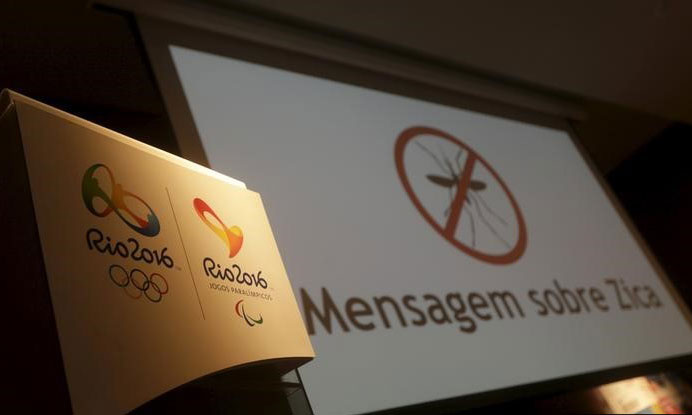
Zika Fears Keep Olympic Organizations on Close Watch
Concerns are mounting that the Zika virus may pose a serious risk to athletes and attendees at the upcoming Summer Olympics in Rio de Janeiro. Olympic-related organizations are offering reassurance, and some groups have denied reports that athletes have been told to stay home.
Whether or not the U.S. Olympic Committee recommended that athletes skip the Summer Games over fears about the Zika virus—the committee denies the Reuters exclusive released this week—the fact that the story gained traction highlights a challenge that athletic groups and Olympic organizers will be struggling with for months to come.
With the Olympics set to take place in Rio de Janeiro this year, the recent Zika outbreak has organizers concerned that the disease could keep people at home.
For its part, the International Olympic Committee (IOC) asserts that the games will be safe—despite the fact that Brazil is a current hotspot for Zika, which is carried by mosquitoes and has been linked to serious birth defects.
“Our priority is to protect the health of the athletes,” IOC Medical Director Dr. Richard Budgett said in an interview with the Associated Press on Thursday. “The IOC absolutely is not complacent. We do take this very seriously. … Everything is being done to contain and reduce this problem in the lead-up to the games.”
He added, however, that the public should be mindful that the disease is out there. “People need to take measures to avoid being bitten and be sensible,” Budgett added. Still, “there is no recommendation from health authorities to change travel plans.”
The games will not be called off or moved to another location, he said.
Meanwhile, some Olympic-affiliated groups are taking steps to reassure players such as star goalkeeper Hope Solo of the U.S. women’s soccer team, who suggested that Zika could keep her away from the Olympics. Fox Sports reported on Thursday that lawyers for the U.S. Women’s National Soccer Team Players Association are working to calm players’ fears about the virus—even though some of the expected game venues will be near rain forests, where mosquitoes are prevalent.
The British Olympic Association, meanwhile, has been offering medical guidance to athletes to assure them that the risk is low. Organizations representing Australia and Germany have taken a similar approach.
But at least one country has suggested that Zika could keep its athletes at home. Kipchoge Keino, the head of the National Olympic Committee of Kenya, said that the country would not “risk taking Kenyans there if this Zika virus reaches epidemic levels.” However, committee officials later clarified that they were still monitoring the threats and hadn’t made a decision.
(Ricardo Moraes/Reuters)






Comments